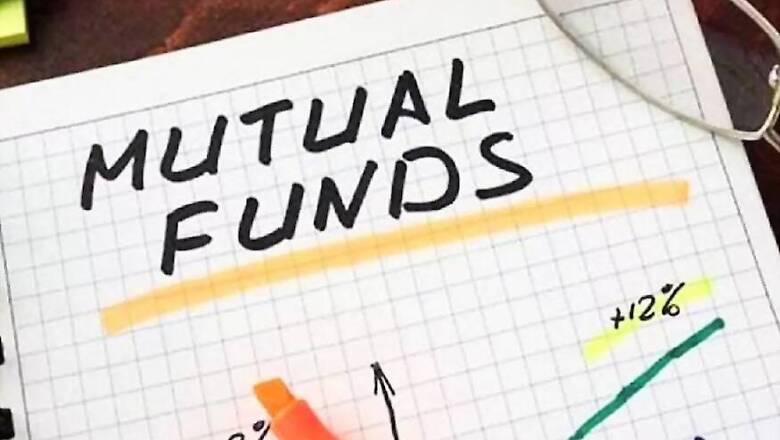
views
India does not have an explicit compensation scheme to protect mutual fund investors in case of a fund company wrongdoing, according to a report by Morningstar.
Overall, regulation of the India's mutual fund industry has been proactive and effective, it added.
According to Morningstar biannual Global Investor Experience report on regulation and taxes, India received an "average" grade and the country matches global best practices in many areas of regulation.
The tax system in the country provides incentives for fund investing, including the deferral of capital gains taxes until units are sold.
The report, now in its sixth edition, assessed the experiences of mutual fund investors in 26 markets across North America, Europe, Asia, and Africa.
It evaluates the regulatory and tax frameworks that mutual fund investors face, assigning grades of top, above average, average, below average, and bottom to each market.
The report said Sebi norms such as lowering total expense ratios, ban on up-front commissions, fund categorisation and tweaks to fund investment norms have reduced conflicts of interest regarding distribution practices, report improved fund risk frameworks and aided investors in making informed fund choices.
The strength of fund governance in India is offset, however, by some of the market's weaker policy and operational attributes, like a lack of mandated saving via Tier I retirement accounts for non-state employees and fund structures that charge investors asset-based fees to cover the costs of distribution, the report said.
"Also, there is no explicit investor compensation scheme to protect fund investors in the case of fund company wrongdoing or corporate failure," it added.
However, Morningstar said Sebi has been very proactive in acting in investors' best interests by monitoring activities of asset managers and enforcing fines or ordering investor compensation on any instances of wrongdoing or conflict of interest.
They also have a well-defined investor grievance redressal mechanism.
On the global front, the report gave top grades to the Netherlands, Sweden, and the UK, denoting these as the most investor-friendly markets in terms of regulation and taxation.
Although, none of the countries offer the overall best tax systems for ordinary investors, it noted.
The report assigned below average grades to Australia, Canada, China, Japan, New Zealand, and the US, where the regulatory and tax schemes need to improve.
It did not assign a bottom grade to any market, as every market in the study provides basic protections for investors.

















Comments
0 comment